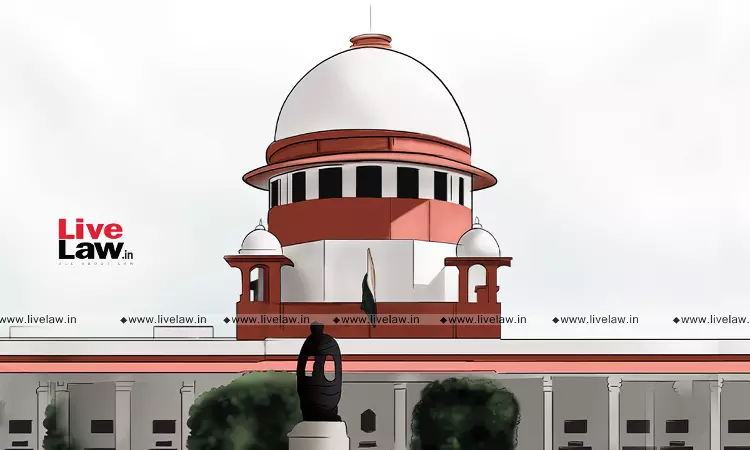Investigation Transfer To CBI Cannot Be Ordered While Rejecting Bail Application: Supreme Court
Amisha Shrivastava
23 Oct 2024 10:31 PM IST

Next Story
23 Oct 2024 10:31 PM IST
The Supreme Court, on Monday (October 21) held that Court cannot transfer the investigation to another agency while dealing with bail application filed under Section 439 of the CrPC.“Suffice it to say that while rejecting the bail application file by the appellant the High Court ought not to have transferred investigation to CBI. The direction is virtually to make de novo investigation. Such...
